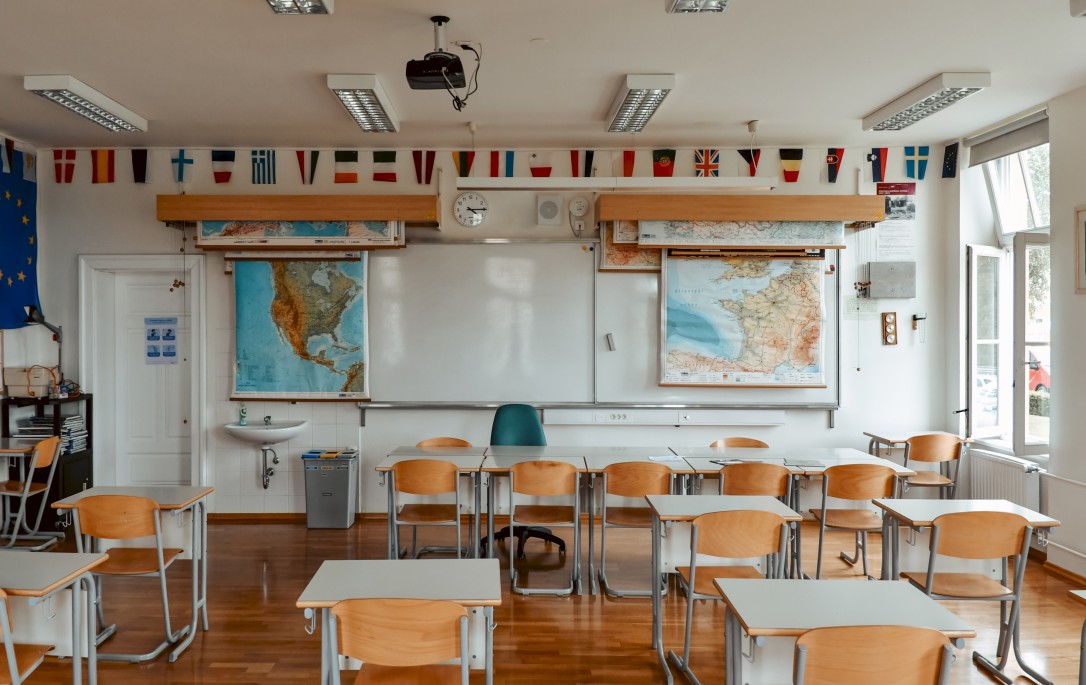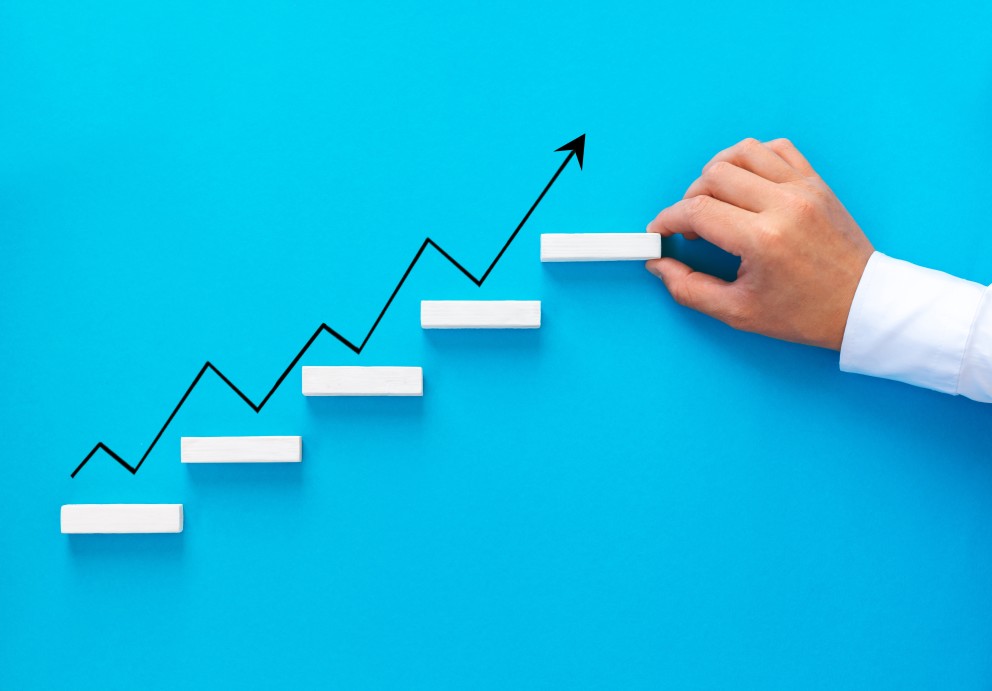You’d think that downed traffic lights would cause chaos, confusion and road rage on steroids. Aren’t human beings too greedy and self-serving to be allowed to drive without traffic lights at even the smallest of intersections?
But my experience in the aftermath of a terrible storm last weekend proved that selfish human beings are far more capable of cooperation than critics give them credit for.
I live about 20 miles west of Washington, D.C. For those of you who don’t know, that means I witnessed a nasty storm last Friday night—one that left hundreds of thousands in the region without power.
Included among the power outages were hundreds of local traffic lights. As I drove around this weekend looking for air-conditioned stores, I made my way through dozens of busy intersections with no lights, signs or police to direct the heavy traffic.
While such a scenario sounds daunting, I was pleasantly surprised by what I saw. D.C. drivers are usually known for being overly aggressive. But the unusual circumstances had everyone driving more slowly and carefully. When drivers came to a downed traffic light, they all stopped to allow the earliest arriver to go first. Drivers were waving, directing and nodding to each other to make their intentions known and ensure they did not get hit. All of this only due to their own selfish desire to avoid pain and loss of property—to stay as far away from other cars as possible.
It really was a remarkable sight, and one I did not expect to see. But why do I write about this here?
Because while social cooperation without coercion is a natural part of day-to-day life, many seem to forget this is possible when formulating economic policy.
From the time we are children, we are taught that we need certain laws and regulations (like traffic lights) to protect us from each other. Without them, we are told, nothing would ever get done—human beings are simply too self-serving to be able to function without these expansive and sometimes cumbersome regulations.
But in the same way that D.C. drivers this weekend did not all die while racing through broken traffic lights, individuals in a free economy—seeking their own self-interest—engage in social cooperation without coercion that makes everybody happier.
Adam Smith famously illustrated this with the “invisible hand” analogy. “It is not from the benevolence of the butcher, the brewer or the baker, that we expect our dinner, but from their regard to their own interest.”
It is a basic principle, and one that even the most cursory review of basic economics will make clear. In the same way that seeking one’s own safety on the roads means indirectly seeking the safety of other drivers, seeking one’s own self-interest as an economic agent brings benefit to all.
Many in power seem to forget this, however. Even where there are no problems, many policymakers propose regulation that they allege will prevent possible problems that may arise in the future. And even where voluntary cooperation has worked for centuries—like creating money or providing for the poor—government intervenes and regulates, claiming that without their supervision everything would fall apart.
But human beings are not so evil. Yes, they are selfish—but it is precisely this that ensures a level of social cooperation. As each seeks his own preservation, he empowers his neighbor to do the same.
Even during a time as chaotic as the aftermath of a terrible storm, the invisible hand works wonders. Self-interest—this time in the form of avoiding pain and property damage—ensured social cooperation on the roads and spontaneous order undirected by any coercive agent.
Perhaps policymakers ought to drive more often.



